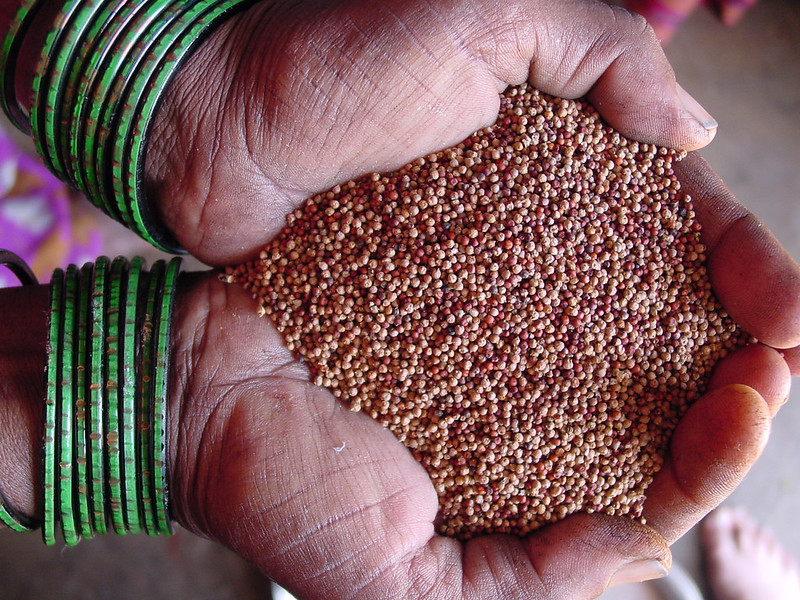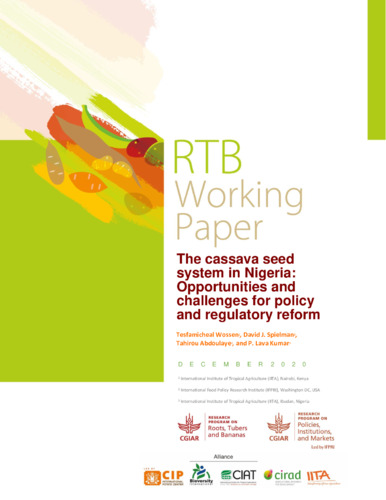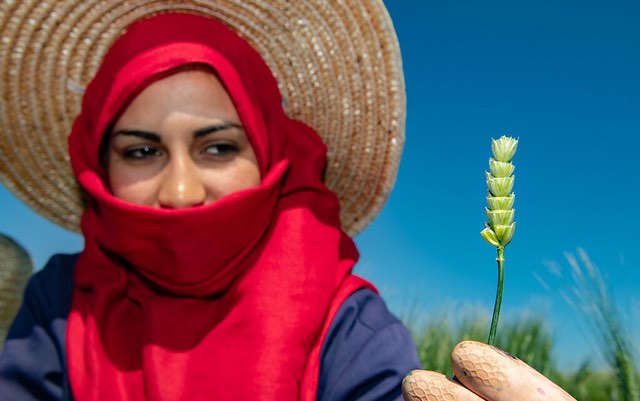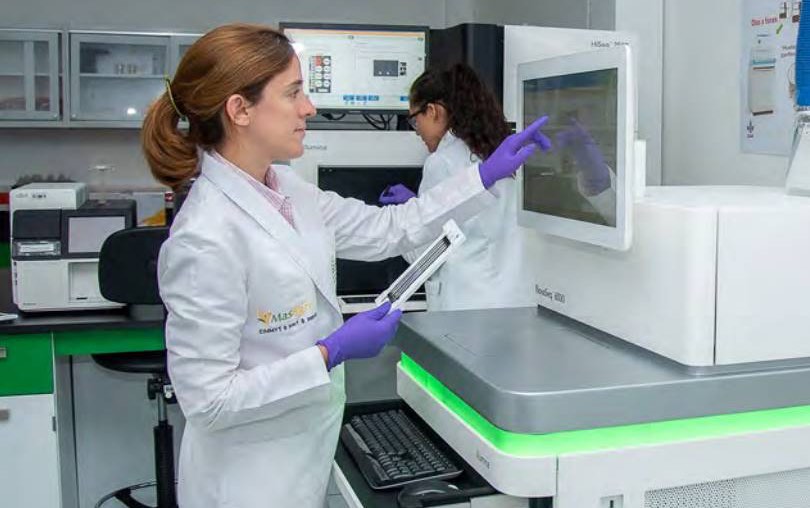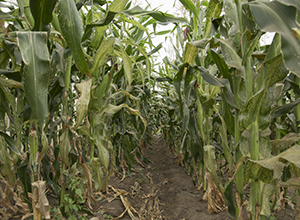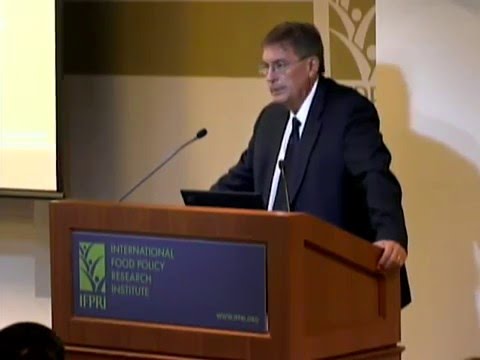Fundamental changes are occurring today in the way farmers, plant breeders, molecular biologists, and genebank managers use genetic resources. IFPRI’s research on genetic resource and seed system policies focuses on understanding these changes and on developing policies to promote sustainable management of agricultural biodiversity by enhancing poor farmers’ access to diverse crop genetic resources that can enhance agricultural productivity and rural livelihoods.
The sustainable management of crop genetic resources ensures the viability of crop production, particularly under increasing climatic and biotic constraints, while contributing to food security, supporting income generation, and enhancing diet diversity and thus improved nutrition. Managing genetic resources is the basis of all CGIAR national agricultural research systems’ crop maintenance, characterization, and enhancement programs. IFPRI’s research on genetic resources addresses science and technology policies and innovations as part of the Institute’s strategic research on Fostering a Climate-Resilient and Sustainable Food Supply.
IFPRI’s research on biodiversity aims to identify mechanisms and develop methods and tools to support cost-effective conservation approaches ex situ and in situ. Research on biotechnology emphasizes the development and validation of “best practices” for economic and social impact assessment methods for genetically engineered crop varieties in smallholder farming systems.
Systems and markets that provide farmers with access to seeds and planting materials lie at the heart of efforts to boost agricultural productivity and improve rural livelihoods in many developing countries. Seeds have long been selected and bred by farmers and scientists for desirable traits such as yield, pest and disease resistance, tolerance to abiotic stresses, and quality attributes preferred by consumers and other actors in the value chain. IFPRI’s long-standing work on seed systems and markets recognizes that global and national policy play a pivotal role in ensuring that that seed systems function in an efficient and equitable manner. Work in this area focuses on the design of strategies and policies that increase investment in breeding and varietal development and encourage sensible regulation of quality assurances, marketing, and distribution of improved seeds and traits especially for small-scale, resource-poor farmers. IFPRI’s research and communications activities focus on identifying the policy and regulatory environments that influence seed system performance and growth; analyzing the impact of alternative policies and regulations on key indicators (e.g., costs of development and delivery; access and availability); and recommending sensible policy and regulatory reforms that strengthen breeding programs, seed systems, and market incentives.
This work covers a range of topics including agricultural R&D incentives, seed quality regulations, plant genetic resource policy, intellectual property rights, farmers’ rights, competition policy, and corporate strategy. IFPRI partners extensively with other actors working on this topic, including CGIAR Research Programs and Centers, regional agricultural research platforms, policy think tanks in developing countries, national seed regulatory agencies, and agricultural research and extension organizations in developing countries.




